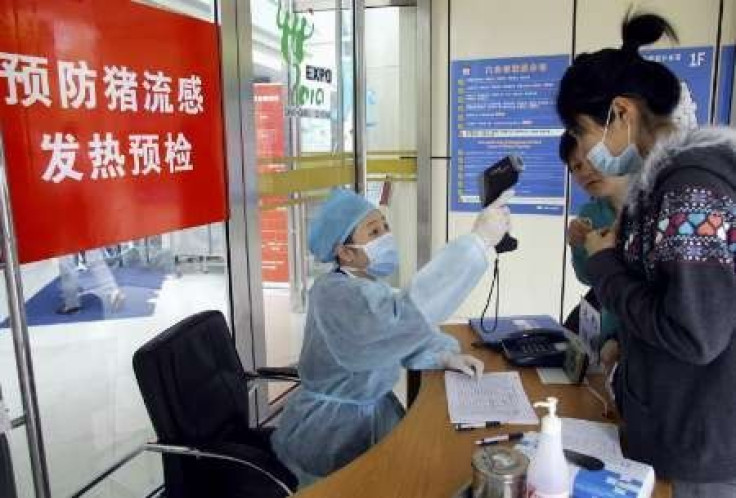HK combats more severe flu season with new antibodies

Doctors hope to treat this year's severe flu epidemic in Hong Kong by harvesting antibodies from patients who have recovered, medical experts said on Tuesday.
The experts said they hoped to treat more than 70 severely ill flu patients with certain antibodies taken from patients who have recovered earlier from the H1N1 swine flu virus, now the most prevalent seasonal flu strain in Hong Kong.
Kelvin To, clinical assistant professor at the University of Hong Kong's microbiology department, told reporters that this winter had proved colder, dryer and longer than previous years and that increases the survival of this virus and its transmission.
To and colleagues observed that patients who fell severely ill this winter developed the cytokine effect, when the immune system goes into overdrive, killing not only the virus, but also healthy tissues.
This chaos in the immune system led to a decrease in an important kind of antibody in the blood of these patients ... called immunoglobulin G2, which is important in our defence against many bacteria that cause secondary infection in patients with severe influenza, they wrote in a statement.
The doctors said they planned to harvest these antibodies from the blood plasma of recovered patients and use them to treat severely ill patients in the coming weeks.
We are aiming for over 70 patients. The epidemic is ongoing, we constantly have patients enrolling into this study, To said. We believe the concentrated antibodies will be much more effective than ordinary convalescent plasma.
This clinical trial goes a step further from an earlier Hong Kong study which found that severely ill flu patients responded well when treated with convalescent plasma.
In his comments to reporters, To said flu patients this year had a two- to fourfold decrease in antibody counts.
H1N1 has killed 10 people in Hong Kong and 51 people have undergone intensive care in public hospitals since January 24, according to a government spokeswoman -- with the median age in intensive care 51.5, lower than previous years.
The H1N1 swine flu virus makes up 90 percent of all diagnosed flu cases against 40 percent last winter.
Seasonal flu kills between 250,000 to 500,000 people each year globally and H1N1 swine flu may be slightly more deadly, but statistics will take years to gather. It affects younger adults and children more severely compared to other strains.
© Copyright Thomson Reuters 2024. All rights reserved.











